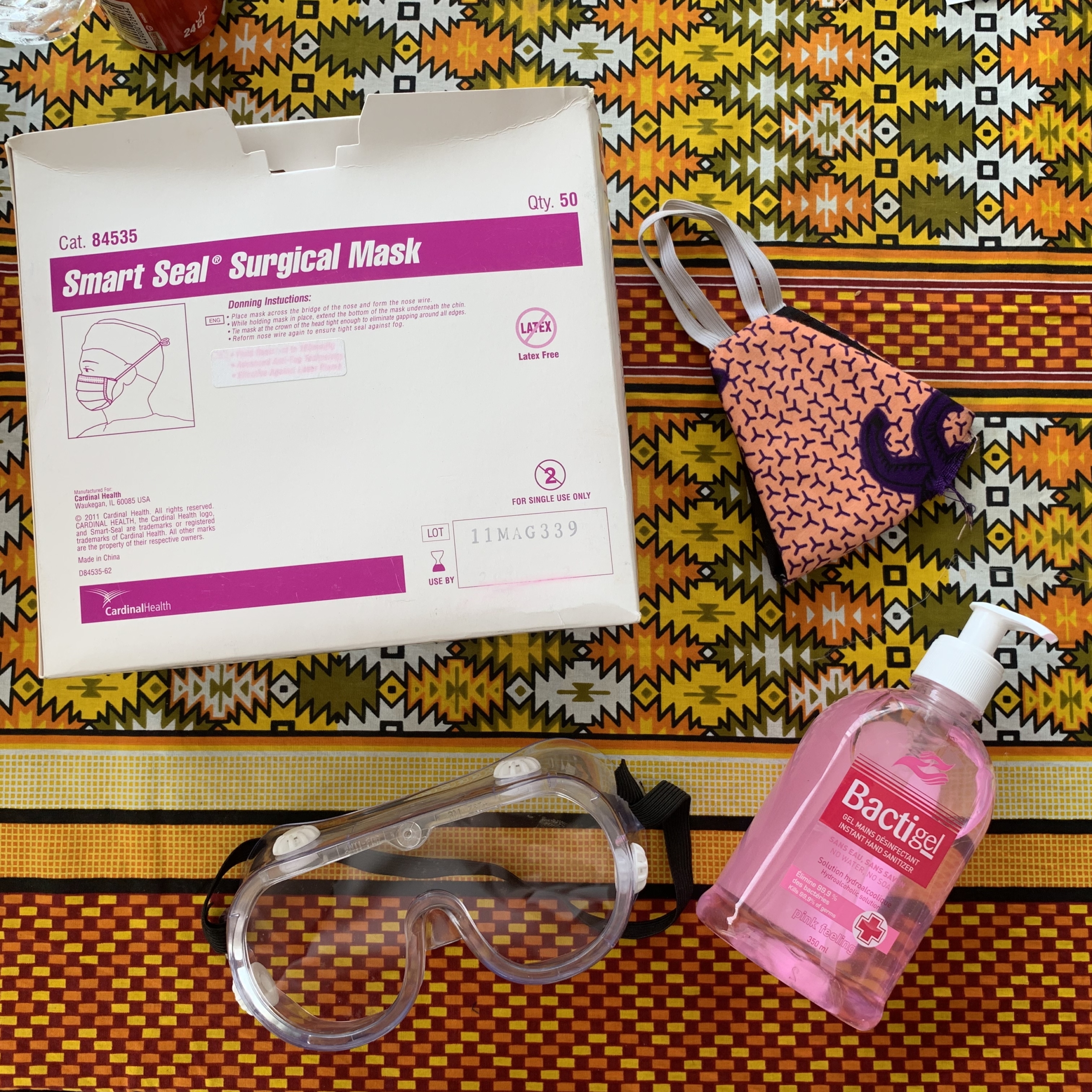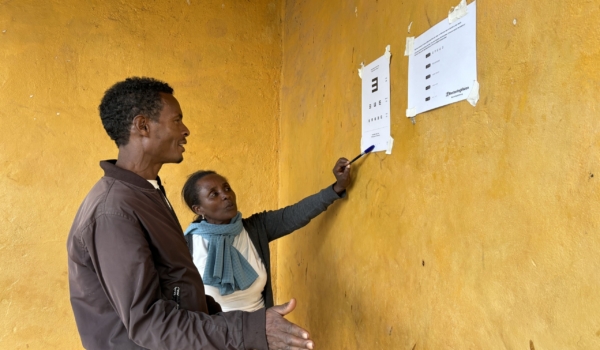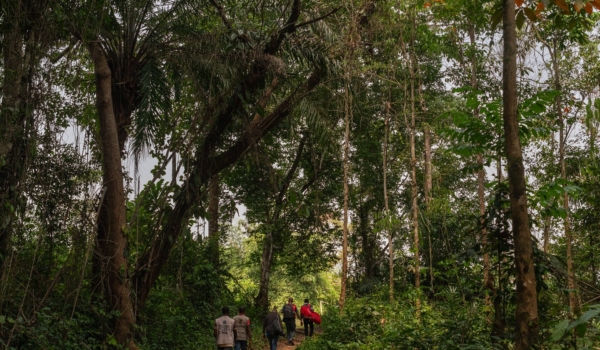 “I think one of the top priorities in the response has to be protecting and strengthening community health workers,” said Peter Sands, the Executive Director of The Global Fund to Fights AIDS, Tuberculosis and Malaria.
“I think one of the top priorities in the response has to be protecting and strengthening community health workers,” said Peter Sands, the Executive Director of The Global Fund to Fights AIDS, Tuberculosis and Malaria.
Sands joined Roots Africa founder Beatrice Savadye and Last Mile Health CEO Raj Panjabi in May 2020 for a conversation with Devex on supporting community health workers to fight COVID-19 and continue providing uninterrupted access to primary health services.
As the spread of the novel coronavirus increases around the world, it is contributing to the collapse of essential health services. Sands said, “I think there’s a significant risk that the knock-on consequences of COVID-19, in terms of the impact on other diseases, are likely to overshadow the direct impact.” If COVID-19 significantly disrupts the primary health system, it’s estimated that malaria deaths could double in Sub-Saharan Africa and 80 million children could go unvaccinated for preventable but deadly diseases like measles or polio.
Community health workers are critical to helping countries suppress COVID-19 and prevent the collapse of primary healthcare through “an integrated system, to unite epidemic prevention with primary healthcare,” as Panjabi said. As the first responders, community health workers—linked with frontline clinics—can actively prevent, detect, and respond to COVID-19, while providing essential health services using modified protocols to promote safety.
But they need personal protective equipment (PPE) to do their life-saving work—otherwise community health workers are faced with the losing choice of putting themselves and their families at risk, or no longer providing services. Savadye said, “We have heard from community health workers who are not going to provide services that they are normally providing before COVID-19, such as family planning services, because they are afraid of contracting the coronavirus.”
According to the Community Health Impact Coalition, “PPE allocation should depend on the service provided, not on the service provider.” It is estimated that there are approximately one million community health workers across sub-Saharan Africa who serve over 400 million people, and their needs must be considered as part of national PPE supply chains. The Government of Liberia, VillageReach, and Last Mile Health created a tool to quantify the number of masks, gowns, gloves, and goggles needed to equip community health workers in the country, and other countries are doing the same. Given 70% of the community health workforce is female worldwide, this is also a gender equity issue as women are disproportionately being put at risk on the frontlines of this pandemic.
From the everyday threat of preventable disease to pandemics like COVID-19, community health workers put themselves on the line to care for their neighbors—we must ensure they have the protection they need to keep doing so now and into the future.
Watch the full conversation here.




